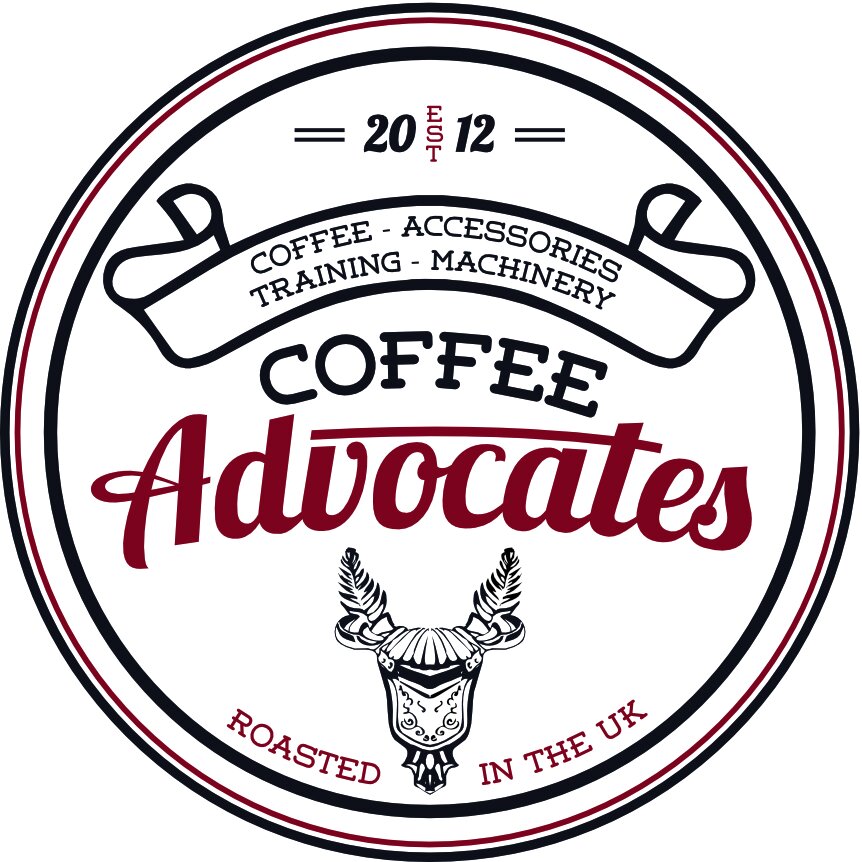Don’t Drink the Worlds Most Expensive Coffee.
The world’s most expensive coffee is called “Kopi Luwak” and you probably shouldn’t drink it.
It’s not because it’s very expensive, some specialty coffee shops sell cups of brewed kopi luwak for £35 to £80 - that’s for a cup!!!!
So, why shouldn’t you drink it? Let’s look at the history first,
The origin of “kopi luwak” is connected with the history of coffee production in Indonesia.
In the early eighteenth century the Dutch Colonists established coffee plantations in Java and Sumatra, including Arabica coffee introduced from Yemen. (bet you didn’t know that)
The Colonists prohibited local farmers & workers from picking coffee for their own use. But the farmers wanted to have coffee.
The local famers had learned that certain species of Asian palm civet or luwak’s, ate the coffee fruits & left the coffee seeds undigested in their droppings. The local famers collected these luwaks' coffee seeds from the poo and then cleaned, roasted and ground them to make their own coffee.
The fame of taste of the civet coffee spread from the farmers to plantation owners and soon became their favourite, yet because of its rarity and rather unusual process for collection, the civet coffee was expensive even during the eighteenth century.
The reason it tastes better is apparently because the taste may vary with the type and origin of beans ingested and the ability of the civet to select its berries, and other aspects of the civet's diet and health may also influence the processing and hence taste.
So, hope you get some from a civet with good taste buds who hasn’t got a cold.
Interestingly, The Specialty Coffee Association of America (SCAA) states that there is a "general consensus within the industry ... it just tastes bad".
And Tim Carman one of the food writers for the Washington Post, reviewed kopi luwak available to US consumers and concluded,
"It tasted just like...Folgers. (a US version of Nescafe of Mellow Birds)
“Stale. Lifeless. Petrified dinosaur droppings steeped in bathtub water. I couldn't finish it.”
However, lots of other people disagree – we have tried it here at The Coffee Advocates and concluded “it’s alright”
But the main reason you shouldn’t but it is not the taste, or the price, it’s the process.
We all imagine a fluffy little mousey thing, wandering round the jungles of Java, munching on some coffee beans and having a little poo with a bean in it.
Sorry to disappoint you – not even close.
'"The conditions are awful, much like battery chickens", said Chris Shepherd, deputy regional director of the conservation NGO, TRAFFIC south-east Asia
A 2013 investigation by People for the Ethical Treatment of Animals (PETA) Asia found wild-caught civets on farms in Indonesia and the Philippines. The animals were deprived of exercise, a proper diet, and space. A BBC investigation revealed similar findings.
Now there are some ethical producers, but you are realistically going to struggle to find one you can trust, in Indonesia fraud is rife and genuine kopi luwak from wild civets is difficult to purchase and proving it is not fake is even harder.
So, stick to what you know and love our Barista Blend

